
List of Hereditary DiseasesThere are a number of genetic disorders and they may be classified into four categories: single gene, multifactorial, chromosomal and mitochondrial. Given below are some of hereditary disorders.
Autosomal Dominant DiseasesA person may suffer from autosomal dominant disease when it gets abnormal gene from one parent that suffers from the same disease. When one of the parents has a mutant gene and the other has a normal gene, the child has 50% chance of inheriting the disorder. Examples of autosomal dominant diseases are the ones mentioned below.
AchondroplasiaAchondroplasia is an inherited disorder characterized by abnormally short stature with disproportionately short limbs. Adult with achondroplasia may reach average height of 4 feet. This birth defect occurs due to mutation of the FGFR3 gene and cannot be treated.
Hereditary Hemochromatosis Hereditary hemochromatosis is a genetic disease that causes the body to absorb too much iron. Absorbed iron doesn’t leave the body but instead it is stored in the body organs, which can cause many health problems.
Down SyndromeDown syndrome is also known as Trisomy 21 and it is caused by inheritance of an extra chromosome 21. This condition causes delay in mental and physical development of a child. This genetic disorder is rare and may be detected before a child is born.
Hereditary SpherocytosisThis genetic disorder is featured by abnormal red blood cells that may lead to hemolytic anemia and enlargement of the spleen (splenomegaly).Other autosomal dominant diseases include Jackson Weiss Syndrome, Huntington’s disease and galactosemia.
Autosomal Recessive DiseasesThese genetic disorders are passed when both of the parents carry a defective gene. The following are some of them.
Tay - Sachs Disease
Tay – Sachs disease is a disorder of the nervous system that impairs motor skills. Affected child experiences symptoms such as delayed growth, dementia, irritability and even paralysis.
Polycystic Kidney DiseaseThis genetic disorder is very rare and it is featured by number of cysts formed on the kidneys that can lead to kidney failure.
Usher Syndrome
Usher syndrome is categorized in three major types as types I, II and III. Type I is characterized by hearing loss or deafness that may be present from the birth. Type II means that affected person is born deaf but may lose a vision during adolescence. Finally, type III manifests with hearing and vision loss that occurs when a person is 10 years old.
Hereditary Fructose Intolerance
This hereditary disease causes absence of enzyme aldolase B in a person, which is required for metabolizing fructose. Symptoms of hereditary fructose intolerance include severe abdominal pain, vomiting and aversion to sweet foods.
Other autosomal recessive diseases include: sickle cell anemia, albinism, cystic fibrosis and phenylketonuria.
Gender Linked Diseases
Gender linked disorders occur due to errors in X or Y chromosome. They include the following.
Color Blindness
This condition causes eye nerve damage and affected person can’t differentiate between colors.
HemophiliaThis disorder causes inability of the blood to coagulate. This condition affects only males.
Muscular DystrophyIt is a muscle disorder that causes weakness of the skeletal muscles, degeneration of the muscles and defective muscle proteins.
Polygenic DisordersTheses genetic disorders are caused by multiple genes and may not be completely inherited but represent a risk factor for certain disease such as diabetes, heart disease, obesity, cancer, and autoimmune disorders.






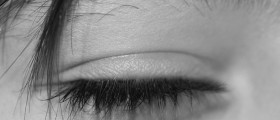


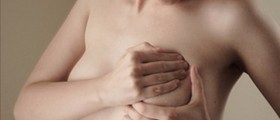
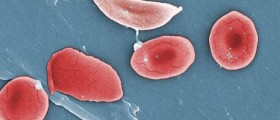


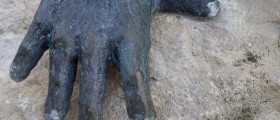
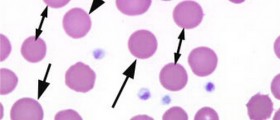
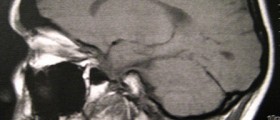

Your thoughts on this
Loading...